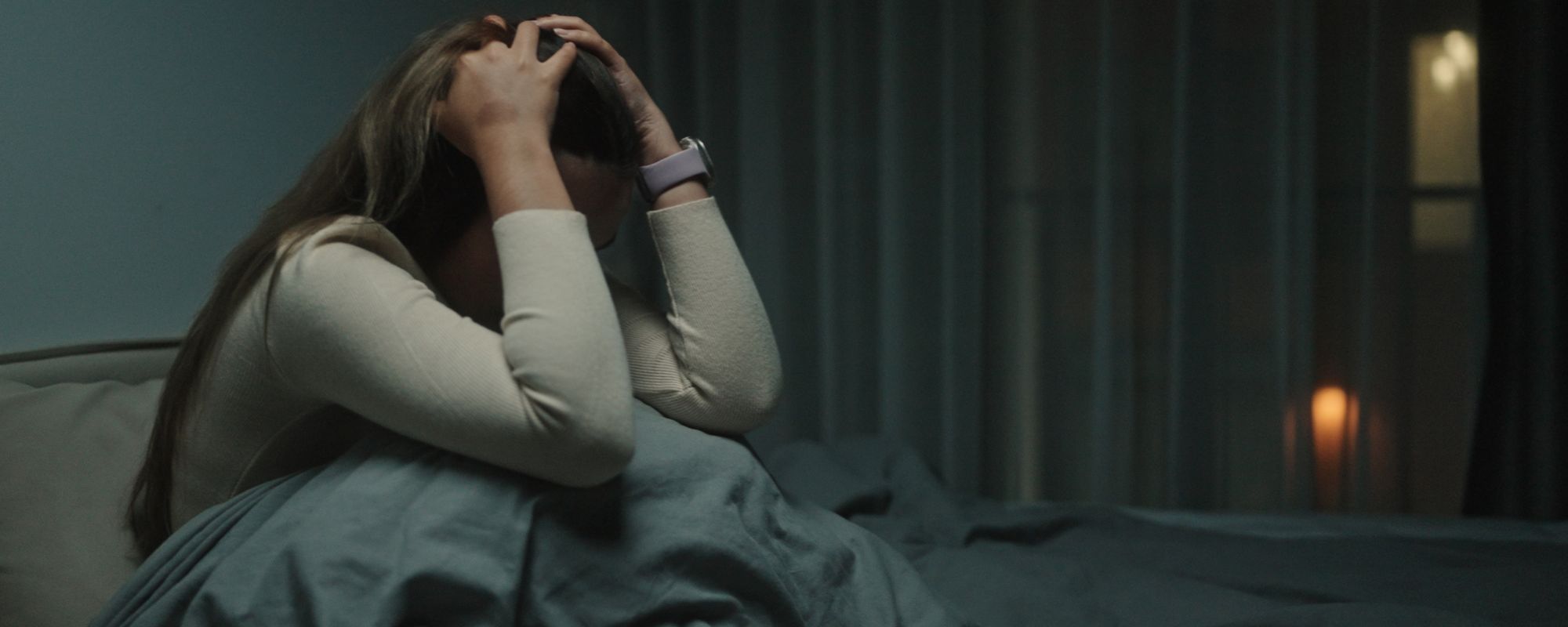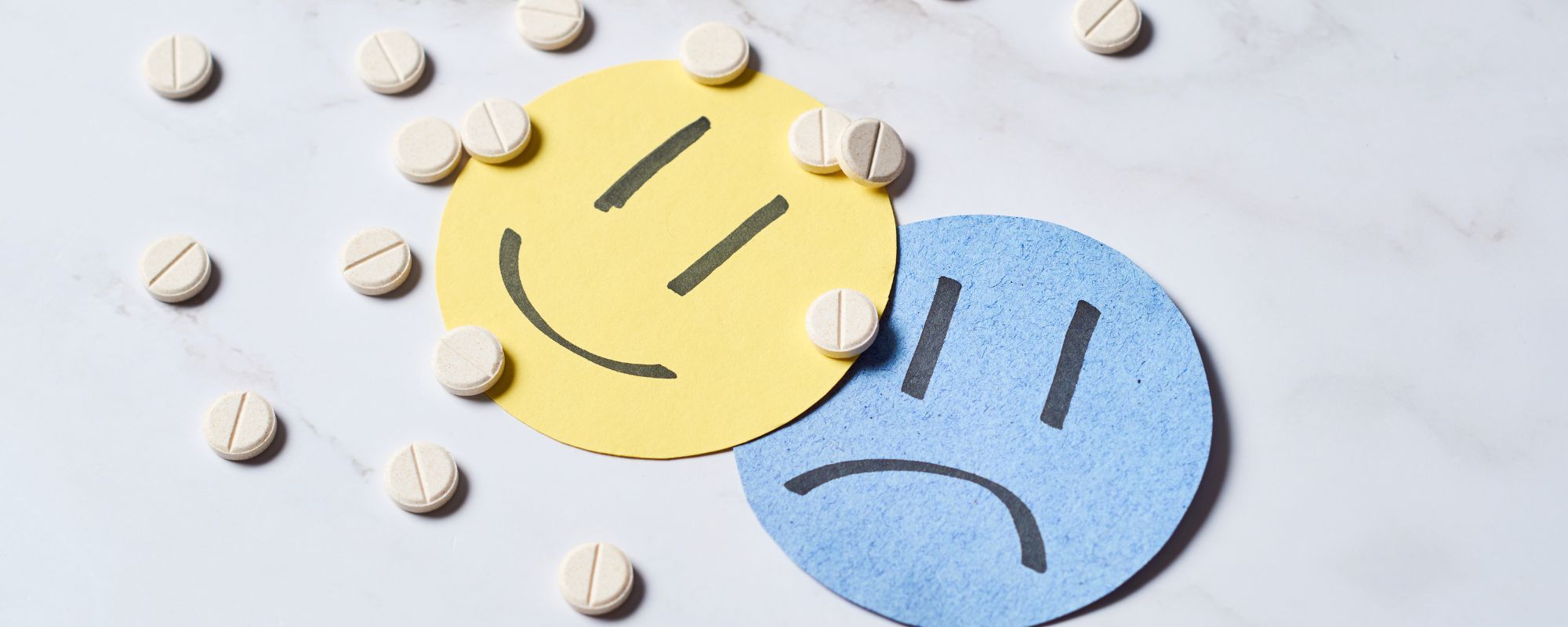We know mental health struggles can feel overwhelming and identity-shaking. Yet, you are not your disability but rather a human with needs, stories, and goals. Royal Life Centers is proud to offer the best inpatient mental health facilities in Arizona and we would love to welcome you! At Chapter 5 Recovery, our rehab center in Prescott, our guests become family for life, whether they work through the whole program or a piece. You likely have many questions about what mental illness treatment entails and what to expect from Chapter 5 in particular. Let’s unpack what it’s like to enter inpatient mental health facilities in Arizona through Royal Life Centers.
What Is Inpatient Mental Health Treatment?
Mental health treatment is a program that utilizes evidence-based healing, such as psychotherapy and holistic wellness. The goal is to teach individuals skills and tools so they can manage their disorder and live more independently. Further, inpatient mental health treatment fully takes place in a privatized mental health facility. In fact, inpatient treatment refers to a level of care where individuals live in an in-center facility for 24/7 professional support and daily programming. Inpatient treatment is the most intensive level with the greatest weekly hours. At the same time, it is the quickest and most effective way to achieve healing through hands-on training. Additionally, mental health treatment prioritizes rest and restoration, so don’t worry about burning out from inpatient care. Although you’ll live in-center, your schedule will prioritize your needs, including downtime and relaxation.
Mental Health Disorders Explained
In our mental health recovery programs, we work with diverse individuals who have many different disorders and concerns. Some of our guests arrive at Chapter 5 Recovery without any formal diagnosis, but with rampant symptoms they want to learn to control. Each guest attends an initial meeting with a member of our mental health team to discuss their symptoms and struggles. Notably, our therapists on staff are able to provide diagnoses according to the DSM-5. Generally, diagnoses are welcomed by people who are looking for answers about their struggles, because they do help define the “why.” But for anyone who’s uncertain about being diagnosed, know that it will open doors for more accurate recovery. Plus, rest assured that you will always be treated like a person first, not a disorder. Your diagnosis merely helps us better help you.
Here is a list of common mental health disorders we treat at Royal Life Centers.
Anxiety Disorders
Anxiety disorders are mental health conditions that have symptoms of nervousness, worry, racing thoughts, fear, and dread. Often, the mental and physical strife of anxiety go hand-in-hand, and individuals may feel physically sick as a symptom. People with anxiety tend to develop avoidant traits, which can significantly hinder their quality of life. Some anxiety disorders are generalized anxiety disorder, social anxiety, panic disorder, and phobias.
Depressive Disorders
Depressive disorders are mood disorders that have overlapping symptoms of sadness, hopelessness, numbness, and loss of interest in passions. Concerningly, suicidal thoughts and self-harm are common symptoms of depressive disorders, as well. Often, people with depression withdraw from others to nurse their pain. They are also at a high risk of self-medicating with illicit substances. Some depressive disorders are major depressive disorder, dysthymia, prolonged grief disorder, and bipolar disorder.
Trauma and PTSD
Trauma is an overwhelming and frightening experience that occurs to a person. It can happen during childhood or adulthood, and often lingers unhealed for a long time. Markedly, people who experience trauma at any age can develop a trauma disorder. One well-known example of a trauma-related condition is post-traumatic stress disorder (PTSD). Other stressor-related disorders are acute stress disorder, reactive attachment disorder, and adjustment disorders.
Personality Disorders
Personality disorders affect how a person understands their identity by altering their moods, behaviors, feelings, and beliefs. Overall, there are ten different personality disorder types, which are categorized into clusters A, B, and C. The classification pinpoints the specific traits personality disorders share, including odd/eccentric, emotional/erratic, and anxious/fearful. People with personality disorders truly benefit from skill-building and emotional resilience training in mental health treatment.
The Best Inpatient Mental Health Treatment in Arizona Explained
Residential mental health treatment is the first stage of recovery programming. During this time, you will live at Chapter 5 full-time, with a packed schedule of therapy, counseling, mealtimes, social time, and free time. Notably, Chapter 5 Recovery is a men-only treatment center catering to male-specific topics and treatments that target the way men heal. Free from the distractions of co-ed programming, our guests are able to become more vulnerable and better equipped for life after rehab. We also offer a women-only treatment center in Prescott called Seaglass Recovery. Fortunately, our comfortable facilities are able to provide space and amenities so that our programming takes place on-site. However, you may also be transported out of the center for day activities, holistic experiences, or social events. Everyone employed by Royal Life Centers has received the highest training and licensing for their role. You will interact with doctors, counselors, therapists, and case managers.
Additionally, below are elements of treatment you can expect to participate in.
Initial Mental Health Assessment
All of our guests start treatment with an initial assessment with a mental health professional. Not only is the purpose of the meeting to learn about you and your background, but also to establish your comfort with our team and facilities. Markedly, this is your time to ask questions, raise any concerns, and create a custom service plan for your treatment. There will be no surprises in programming because you and your therapist will make a plan together.
Individualized Treatment Plan
Your individualized treatment guide is customized to you as part of our person-centric approach to care. It factors in every necessary detail, like your diagnosis, timeline, needs, goals, and programming levels. Of course, your service plan can be modified as you move throughout treatment.
Evidence-based Psychotherapy
Evidence-based psychotherapy is one of our core components of recovery, based on proven studies in the mental health field. Our licensed therapists, psychiatrists, and counselors offer a range of psychotherapies. These are selected and followed according to the individual and their condition. Behavioral therapies like cognitive behavioral therapy and dialectical behavioral therapy are especially beneficial for many mental health disorders. Your treatment plan will outline psychotherapy as a healing method in a program just for you.
Holistic Therapy
Holistic therapy is another key element of recovery we utilize at Chapter 5. It refers to a holistic approach to healing using alternative practices that touch the mind, body, and spirit. Some of the holistic therapies we offer include:
- Mindfulness
- Meditation
- Massage therapy
- Outdoor adventure therapy
- Equine-assisted therapy
- Yoga
- Tai chi
- Art therapy
- Sound therapy
- Music therapy
- Acupuncture
- Biofeedback
- Nutrition counseling
What Happens After Inpatient Mental Health Treatment?
After you complete programming at our inpatient mental health clinic, you will have achieved greater capabilities in your disorder. Yet, you might not feel entirely ready to return to life outside of treatment. The adjustment from residential treatment to “normal life” is challenging, which is why we offer a transitional level of care called outpatient treatment. Even after this stage, you can continue to receive support and resources through aftercare.
Outpatient Mental Health Treatment
In outpatient care, you return home but attend sessions in-center. Outpatient mental health treatment looks like a healthy balance of independence and aid. You will continue to develop and practice the mental health skills you’ve learned. These include emotional regulation, interpersonal skills, and trigger management. Additionally, outpatient care can take the emphasis off preparing you to transition back into regular day-to-day life. It’s an exciting time where you get to witness how using your learned tools and skills improves your life!
Aftercare
Aftercare is one final level for anyone who wants to remain connected to the Royal Life Family. By this point, you’ve graduated from mental health treatment, but you will still be a valued family member for life! We offer continuing help and care, such as resources, support groups, and alumni events.
Finding the Best Mental Health Treatment Center in Arizona
When you consider our Arizona mental health clinic, Chapter 5 Recovery, how can you know it’s the best? Ultimately, the best treatment provider comes down to what’s best for you. We work to make our programming as accessible and accommodating as possible, with centers spanning the United States and spacious facilities. Additionally, our admissions team works with guests to accept their insurance and financial aid. We’re proud to offer diverse programming for everyone, including rehab for mental health, substance abuse, and co-occurring disorders. Our treatment is person-focused, so each guest works through a flexible service plan. Our staff is equipped to the highest standards of care.
Overall, we hope you will accept Royal Life Centers as the best inpatient mental health facility in Arizona by reaching out today. Above all, we want you to get the help you need. Please take that first step today!
REFERENCES:
- Diagnostic and Statistical Manual of Mental Disorders (DSM-5-TR) – Psychiatry.org
- Framework for Supporting Recovery With Counseling – National Library of Medicine
- Interventions to Support Integrated Psychological Care and Holistic Health Outcomes in Paediatrics – National Library of Medicine
- What Are Personality Disorders? – American Psychiatric Association
- Choosing the Best Inpatient Mental Health Facilities in Arizona - June 17, 2025
- What Is Drug Detox and How Does It Help? - June 2, 2025
- The Benefits of Inpatient Depression Treatment - May 29, 2025













